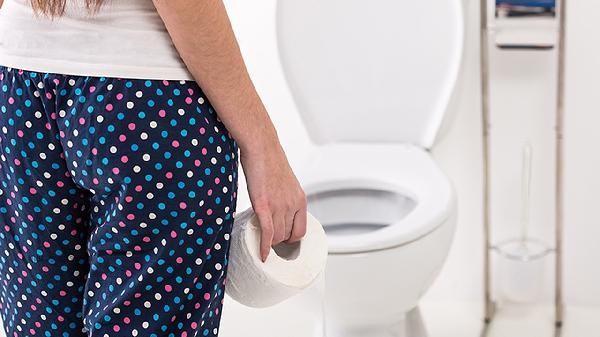Lower abdominal pain after running may be related to factors such as excessive exercise intensity, improper breathing patterns, gastrointestinal dysfunction, abdominal muscle strains, and urinary system problems.

1. Excessive exercise intensity
Sudden increase in running intensity or time may lead to abdominal muscle fatigue and soreness, especially when core strength is insufficient. It is recommended that beginners follow the principle of gradual progress, warm up thoroughly before running, and do abdominal stretching exercises after exercise to relieve discomfort.
2. Improper breathing method
Shallow and fast breathing during running can cause diaphragm spasms and pain, manifested as stabbing pain below the ribs. Abdominal breathing should be trained, with the abdomen bulging during inhalation and slowly contracting during exhalation, maintaining a coordinated breathing rhythm and pace.
3. Gastrointestinal dysfunction
Running immediately after a meal may cause gastrointestinal spasms, while fasting exercise may lead to abdominal pain due to hypoglycemia. Eat easily digestible foods 1-2 hours before exercise, avoid high fiber and high-fat diets, and carry sports drinks containing electrolytes to supplement energy.

4. Abdominal muscle strain
Sudden exertion or twisting of the core muscle group may cause slight tearing of the rectus abdominis muscle, with pain mostly concentrated around the navel. If there is sharp pain, exercise should be stopped immediately, cold compress should be applied within 48 hours, and later hot compress should be combined with soothing massage to promote recovery.
5. Urinary system problems
Patients with cystitis or kidney stones may experience lower abdominal pain while running, and women should also be alert to pelvic inflammation. If accompanied by frequent urination, urgency, or menstrual abnormalities, it is recommended to seek medical examination as soon as possible to avoid aggravating the condition with vigorous exercise.

Daily attention should be paid to wearing high waisted and abdominal protective sports pants to keep warm during running, and supplementing warm water after exercise to relieve gastrointestinal irritation. If the pain persists for more than three days or vomiting and fever occur, acute abdominal conditions such as appendicitis should be ruled out. It is recommended to record the characteristics and duration of the pain for the doctor's reference. Regular exercisers can enhance abdominal muscle endurance and reduce the risk of sports injuries through core training such as plank support.







Comments (0)
Leave a Comment
No comments yet
Be the first to share your thoughts!